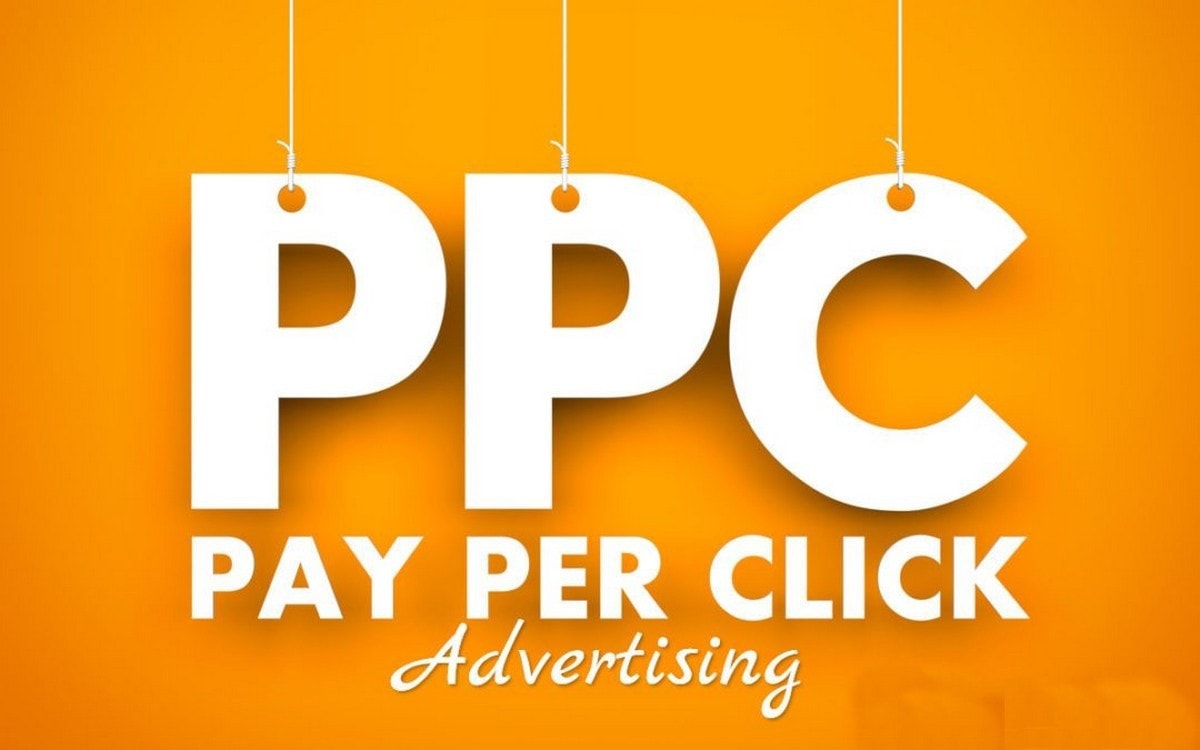
What Does a PPC Specialist Do? | DMI
What Does a PPC Specialist Do?
- Share via:
One of the main challenges of breaking into the digital marketing field is that many of the positions are not as "standard" as other jobs. They often don't have specific training, certifications, or degrees, which means if you are interested in breaking into the industry, you might not know where to begin. As well, they have an unusual mix of skills that can range from being extremely creative to highly analytical. If you are looking for an area you can consider in digital marketing, PPC (Pay Per Click) advertising could be an exciting place to start. Here’s a look at a day in the life of a PPC Specialist to give you an idea of what to expect in this industry niche.
The Role of a PPC Specialist
A PPC Specialist manages internet pay-per-click advertising campaigns including the strategy, design, implementation, SEO, and analysis of ad performance. It is a challenging role that is also highly sought after because it takes a unique skill set to nail a PPC campaign. Some of the main roles a PPC Specialist will assume include:
- Keyword research: Understanding how people search for any product or service is a must for a PPC Specialist. You have to keep up with trends, constantly research and test your keyword choices, and be ready to change them when you do not see results.
- Landing page design: Your ads will direct clickers to a landing page where you have a few seconds to engage and delight your readers. Perfecting these landing pages is an art that successful PPC specialist’s share. Without a strong landing page, all your efforts are for nought.
- Trend watching: This alone can prove to be a full-time job. SEO trends and understanding how to outsmart Google’s ever-changing algorithms will keep you busy when you are not mastering your campaigns. You will need an intimate relationship with consumers, so you understand what they will respond to and also what technology is driving them each day. You have to know all of this, along with societal trends, to keep on top of your keywords and landing page designs.
The Skill Set of a PPC Specialist
According to Stephan Sarandrea, Director of Strategy for the PPC firm Siteflood, “PPC combines the artistry of marketing… with the science of signage.”
That addresses the creative mind of the PPC Specialist, but there is so much more required to master the art of PPC. Throughout your day you will be balancing a bevvy of traits including:
- Analytical: As already mentioned, you will spend a lot of time trying to figure out what works for your campaigns. Therefore, an analytical mind is needed to look at the numbers and analyze the statistics so that you can improve your campaign's performance.
- Organization & Time Management: This is expected in most jobs, but as a PPC Specialist, you will be faced with many tasks that are more time-consuming than other positions. Namely, following the stats of your campaigns while researching diligently to remain on top of trends. You'll need a long to-do list and a massive day planner to make sure you don’t miss anything.
- Technical Expertize: There are many technical aspects to PPC management such as understanding HTML and JavaScript, deciphering, tracking, and retargeting codes, or the proper use of tags. You also have to understand technology from a user standpoint to keep up with the latest trends for browsers, devices, and so on.
- Creativity: Your creative mind will be directing the success of your campaigns. You have to write compelling copy and use creative visuals that fit into a very small frame. According to Sarandrea, “Each ad is quite small, so you’ll need to be economical with your usage of the space.” You have to leverage emotions and FOMO (fear of missing out) to increase your click-through rates. That's the main gist of the job.
- Consumer Understanding: You have to know your brand and the business(es) you are serving in order to determine customer intent. This way, you will come up with the right placements, keywords, and copy for your display ads.
- Communication: You will not only need to write good campaign copy but also communicate your ideas to clients and team members effectively. You have to keep on top of your campaigns to ensure you are adequately explaining your process. You have to support your desire to make changes, so people see that if changes are not made, the campaign will suffer.
- Adaptability: Digital marketing is fluid in nature with changes at every turn. You have to be willing to make changes. You also have to recognize the need for change when things are not going the way you planned. Adapting to improve as well as adapting to meet changes to trends and technology are everyday occurrences you have to incorporate into your plan. In other words, plan to make changes to your plans.
- Hunger for Knowledge: Your job demands you are learning every day. The research required is endless, so you must have an appetite for knowledge and be willing to learn the new ways of doing things to remain at the top of your game.
- Passion for Trying New Things: If you are not changing your mind and trying new approaches you are not doing your job. You have to be passionate enough to want to try new things, so you find out what gets the best results. "You'll learn within a few days if you're improving and watching the clicks roll in when you craft the perfect tagline is one of the best feelings, especially after spending days or weeks A/B testing," says Sarandrea.
Understanding the Psychology of PPC
A successful PPC Specialist understands the importance of the psychology of language in PPC. It will be the driving force that keeps you investigating and looking for ways to generate click-throughs all day long. The slightest difference in the way you word your ads will make or break the success of your campaign. So, you will always be getting to know the consumers and targets for your campaigns.
The art of persuasion involves some PC thinking in hand with a bit of pushing the envelope, just enough to keep things interesting. You don't want to stir up too much emotion because that can turn ugly fast. So, understand what to say and how to say it perfectly.
The art of persuasion will allow you to trigger emotions to get the results you want. Consumers need to feel they have to learn more, and most importantly, they need to feel that they MUST have what you are selling. You need to remain consistent, and therefore an understanding of brand development is critical. Your experience has to develop so that you understand how to write a tagline that remains true to a brand, is repetitive but not stagnant, and that gets an emotional response.
Putting It All Together
According to Sarandrea, “The combination… can be very challenging to work with, but can also be a very fulfilling puzzle, not in least part because PPC is so metric driven!” Your life as a PPC Specialist will require a lot of juggling, but it should seem effortless and become second nature.
Your ads will have to create a sense of urgency, be creative and clever, and incorporating keywords that can often prove awkward to position. The use of your keywords, copy, and visuals have to work together beautifully to encourage people to click through to your perfectly designed landing page. As you create each ad or campaign, you then get into your metrics and see where you can improve the campaigns you had already deemed ready to go. It can be a bit of a hit to your ego, but a true PPC expert knows this comes with the job. You will look forward to making improvements to the creative in order to see better metrics in your next analysis.
Career Tips from a Pro
According to Digital Strategist, Andrew Medal, you must learn the ropes for both Google Ads and Bing Ads. “The two systems are similar and both ... offer certifications for their programs," says Medal. There are also industry-specific platforms to consider, but this will vary greatly depending on the industry you are targeting for a job. Many of them are social media platforms. "These platforms will be the tools you use to build your campaigns, so you should be comfortable enough with each to factor in each one’s strengths and weaknesses for various uses,” says Medal.
PPC advertising is a career where you have to learn by trial and error. You have to be willing to get your hands dirty and also be prepared to fail. Medal advises rookies to check out the competition to see what they are doing well. “Look at what they’re doing that’s unique and what seems to be an industry trend," says Medal, "It will be up to you to determine what’s a common theme that, if you ignore, will help set you apart, and what’s a pillar that actually works, which means you should do it too.” Learning the ropes of PPC can be tricky but will lead to a challenging career in a high-demand industry.










